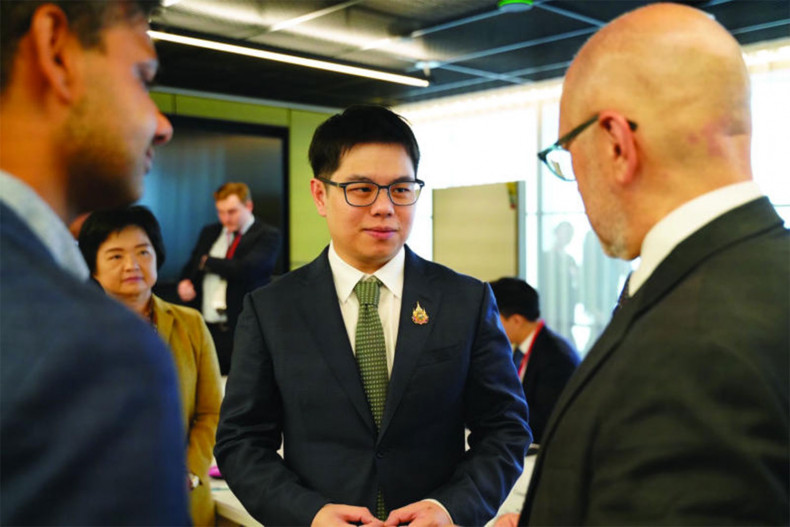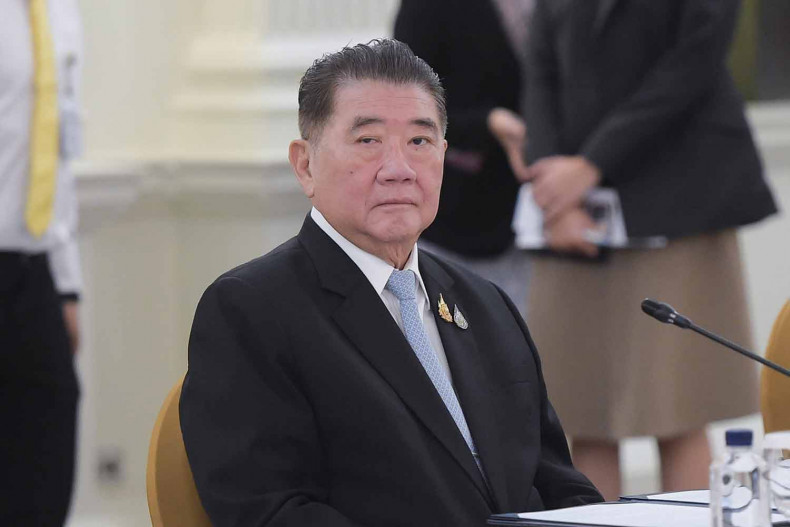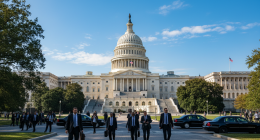Upcoming Trade Talks Scheduled
Finalizing Reciprocal Tariff Terms
Thailand is set to engage in detailed discussions with the United States in late August to September 2025 to finalize a new tariff agreement, as announced by Deputy Commerce Minister Chantawit Tantasith on August 6. The agreement, aimed at boosting trade competitiveness, will be submitted to Thailand’s parliament for approval once negotiations conclude. These talks follow the US decision to lower the tariff rate on Thai goods from 36% to 19%, effective August 7, enhancing opportunities for Thai exporters.
Addressing Regional Value Content
Navigating Local Content Challenges
A key focus of the negotiations will be aligning with US requirements for regional value content (RVC) and rules of origin, critical for maintaining trade benefits. Chantawit highlighted uncertainties about whether the US will allow bilateral RVC discussions or impose unilateral criteria, potentially affecting Southeast Asian trade dynamics, especially concerning goods transshipped from China. Clear communication from the US is essential to ensure Thai businesses, particularly small and medium-sized enterprises, can adapt to these standards effectively.
Supporting Thai Businesses
One-Stop Service for Exporters
To assist entrepreneurs in navigating the new regulations, the Commerce Ministry will launch a one-stop service center at the Export Promotion Center on Ratchadaphisek Road in Bangkok on August 7. The International Institute for Trade and Development will gather feedback from businesses to assess the impact of the tariff agreement and identify necessary government support. This initiative aims to ensure that both large and small enterprises can compete globally while adapting to evolving trade policies.
Balancing Stakeholder Interests
Ensuring Equitable Outcomes
Chantawit emphasized the need for balanced negotiation outcomes that maximize benefits for Thailand while considering all stakeholders. The talks will cover market access, non-tariff barriers, and product-specific tariff rates, aiming to protect Thai industries amidst global trade shifts. By prioritizing transparency and stakeholder input, the ministry seeks to safeguard Thailand’s economic interests, particularly in light of Washington’s hardline stance on transshipped goods and regional trade dynamics.









